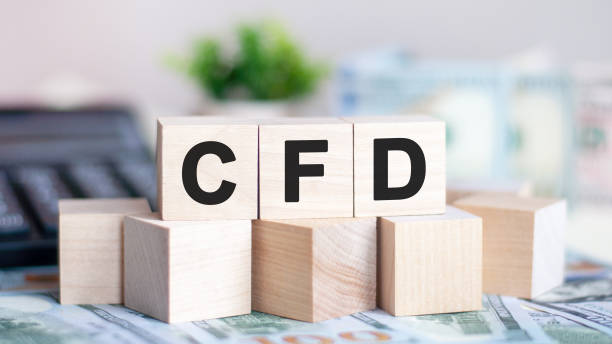Nowadays, investment opportunities are drastically different from old-school methods. A few decades ago, you would only buy shares on a physical exchange. Today, over 15 million individuals connect to international markets from home. With the wide array of digital tools, you may trade currencies, stocks, and derivatives known as CFDs.
New Generation of Traders
In the conventional scheme, you only trade assets that belong to you. By purchasing shares issued by Tesla, you gain ownership of a fraction of the company. Shareholders are entitled to regular dividends, and they can sell their stock after it gains value.
However, you may use purely digital derivatives and gain from the same price changes. A Contract for Difference is a way to speculate on prices without ownership. Forget the old-school stock exchange. All you need is a reliable broker, a computer and Internet access.
These virtual instruments do not require any physical assets. They are traded via special platforms (e.g., MetaTrader 5). Desktop clients and mobile apps allow you to trade these contracts for real money. In our increasingly digitized economy, the advent of CFDs looks perfectly logical.
What CFDs Are All About
A Contract for Difference is an agreement between a seller and a buyer. The subject is the change in price for a certain instrument. Your underlying assets could be a commodity (e.g., wheat), a currency, a virtual currency, or even a market index. In any case, you will be focusing on the price, with no physical assets changing hands.
How Much Can I Earn?
It is not impossible to make around $500 to $600 monthly if you start with a $5,000 deposit. The result of CFD trading depends on your strategy and foresight. Crucial factors include:
- account size (how much you deposit),
- trade size (how much you trade),
- market dynamics, and more.
CFDs on Commodities
World prices for crude oil, wheat, or precious metals are set regardless of individual producers. Such goods are known as commodities. Just think of the price for the WTI crude. All producers of benchmark oil charge the same price. It is determined by the market.
Commodity futures are just one type of asset that may be tied to CFDs. Traders capitalize on rises and falls in the price, but no actual barrels are purchased. Moreover, if they use leverage, the broker boosts buying power along with profit potential. According to Investopedia, a typical margin (share of a trader’s own money) ranges between 2% and 20%.
Uptrends are not the only profitable opportunities. It is still possible to gain from drops as well. For instance, if a price decrease is expected, you will short-sell the instrument. This way, you protect yourself against loss. Once the price collapses, you can buy more of the same CFDs.
CFDs on Cryptocurrencies
The instruments rely on prices for digital coins against the USD. The most popular ones are Bitcoin, Ethereum, Litecoin, and Ripple. Since no actual coins are traded, there is no need to worry about a possible scam. Crypto transactions are often associated with the fraud. Here, you will gain profit based on prices only.
CFDs on Indices
Indices reflect the general market performance. Benchmarks like FTSE 100 lose or gain value depending on the performance of stocks they include. These changes are another source of profit for speculators. A trader who expects the index to perform well prefers investing in corresponding CFDs.
The Biggest Benefit
Indice CFDs have an important advantage over the trading of individual shares. This lies in their clustered nature. When your profit hinges on the stock of one company, its commercial or media failures can send the value deep down. CFD traders rely on a group of stocks.
This means risks are reduced and often significantly. Due to their collective nature, indices are highly unlikely to ever reach zero. Most of them are linked to blue chips – firms that are regarded as the most stable.
Other Advantages
CFDs deliver multiple benefits. You may hold onto them as long as you like – there are no time restrictions. The instrument provides you with a way to:
- diversify your portfolio,
- boost profits through leverage,
- trade without physical assets,
- reduce overall risks.
The more finance instruments you use, the less detrimental losses are in any area. For instance, take a Forex trading pro who also uses stocks and CFDs. If currency pairs fall short of expectations, there may be gains from stocks or CFDs. As a result, unprofitable positions cause less damage (if any at all).
Overall, CFDs have a number of advantages over physical assets. It is the new generation of derivatives that make trading easier and more accessible. The exact terms and conditions of use may vary from broker to broker. Make sure you have full information for your local provider.

